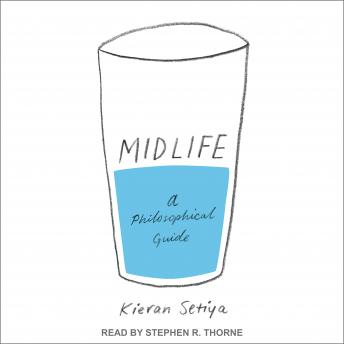

It is probably true that the picture of midlife has shifted so that now, when we say ‘midlife’, we mean at least forties or maybe fifties.īut, actually, a lot of the issues that interest me about midlife are quite general and arise both earlier and later. When the phrase ‘midlife crisis’ originates, which is in a 1965 essay by Elliott Jacques called “Death and the mid-life crisis,” he is talking about people in their mid- to late thirties. I ended up writing Midlife: A Philosophical Guide, a book about the midlife crisis, or the many midlife crises: the many challenges of adapting to middle age.īefore we get stuck into the five books that you’ve chosen on this topic, could you give a sense of when you think midlife begins because that, in itself, is quite a controversial topic.

I looked for philosophers who had written about this and you are right, there isn’t all that much. My idea was to use the judo move of thinking about midlife as a path through the uncertainty of midlife. I didn’t really have a picture of what comes next. A tenured professor in a good department, I was at that point in my academic career where you stop climbing and reach a plateau, and I realised that I didn’t know what to do with the rest of my life. My interest in the topic comes out of my own malaise around midlife. I can’t think of another philosophical treatment of middle age.

This is quite an unusual topic for a philosopher to write about. Foreign Policy & International Relations.


 0 kommentar(er)
0 kommentar(er)
